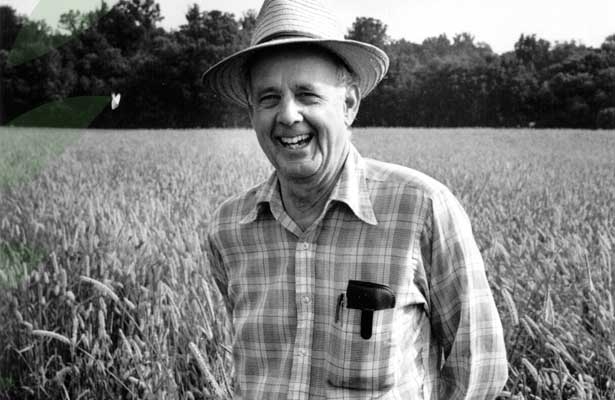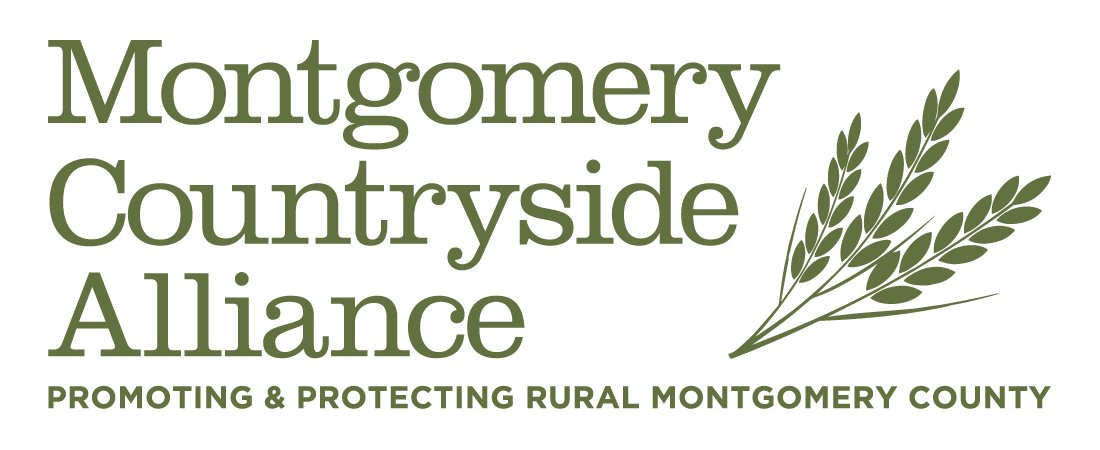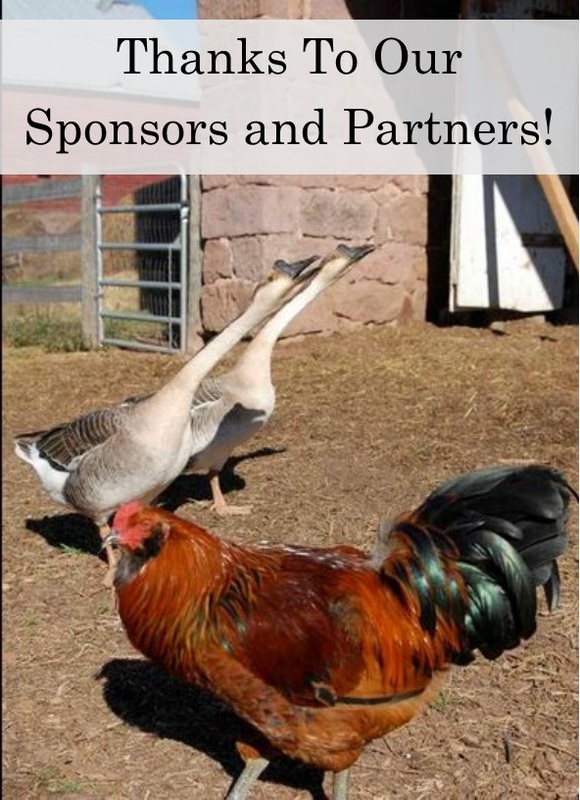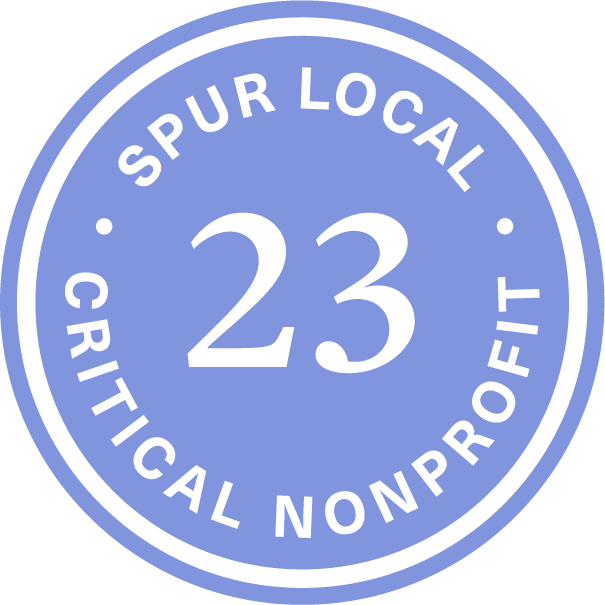"Whether we and our politicians know it or not, Nature is partyto all our deals and designs, and she has more votes, a larger memory,and a sterner sense of justice than we do." ~ Wendell Berr
It's the 80th birthday of writer Wendell Berry (books by this author), born near Port Royal, Kentucky (1934). He came from a long line of tobacco farmers who had farmed in the same place in rural Kentucky for generations . His father was a farmer and a lawyer, and his brother also went into law, but Berry said: "My father and my brother have very quick minds. I have a fairly slow one. I don't think I could have stood the pressure of a courtroom practice." Instead he went to the University of Kentucky and received a Wallace Stegner Fellowship to study creative writing at Stanford, where he was mentored by Stegner himself. Berry planned to move around teaching at various universities. He said of Port Royal: "My education had implied, over and again, that you couldn't amount to anything in a place like this. I grieved over that. I liked the work of the farms. I liked this country, this place. But, at Stanford, I thought I was at the commencement of some kind of an academic vagabondage that would carry me I didn't know where." He won a Guggenheim Fellowship and lived in Italy, then taught at New York University.
Then he got a job offer to teach at the University of Kentucky — and although Berry never knew for sure, he thought the offer had been arranged by Wallace Stegner. Berry and his wife decided to move back to Kentucky, even though all his literary friends thought he was ruining his career by leaving New York City. He bought a farm in the Kentucky River Valley, near where he grew up. It had limestone soils, and sloped fields held in place by oaks, ash, hickory, and sycamore. He and his wife raised sheep, hay, and small grains. He said: "Port Royal is what a lot of people have been schooled to call 'nowhere.' [...] It's extremely important, it seems to me, that those nowhere places should be inhabited by people who will speak for them."
He began writing about Kentucky in poems, essays, stories, and novels. His first novel, Nathan Coulter (1960), was set in Port William, a fictional version of Port Royal. Over the years, he continued to write about Port William, using the same characters, re-creating the voices of the people around him. He said: "I always loved to listen to the old people, and I heard a lot of talk. At least until the 1980s, I was working in the fields a lot with people whose language had not been the least bit touched by the media. They spoke a beautiful language, direct and strongly referential, as far as possible from 'pure poetry.' I grew up around people who would entertain themselves by talking. There'd be a crew at work and something remarkable would happen, and they would start telling about it as soon as it was over. Three or four would each tell a different version of it, and they'd be trying to get the language right."
In 2011, Berry protested mountaintop removal by participating in a three-day sit-in in the Kentucky governor's office. He was prepared to be arrested, but the governor didn't want any pictures circulating of the famous writer in handcuffs. A couple of weeks later, Berry received the National Humanities Medal. Berry didn't mention mountaintop removal to President Obama because he didn't want to be rude, but he thought about the possibility of protesting in the future. He said, "I did examine the rugs in the White House to see how comfortable they'd be to sleep on."
His books include The Unsettling of America (1977), Jayber Crow (2000), Hannah Coulter (2004), and The Mad Farmer Poems (2008).
He said: "I never felt like I had to write in order to be happy. It has given me great freedom as a writer."
And: "I've known writers — I think it's true also of other artists — who thought that you had to put your art before everything. But if you have a marriage and a family and a farm, you're just going to find that you can't always put your art first, and moreover that you shouldn't. There are a number of things more important than your art. It's wrong to favor it over your family, or over your place, or over your animals."
It's the 80th birthday of writer Wendell Berry (books by this author), born near Port Royal, Kentucky (1934). He came from a long line of tobacco farmers who had farmed in the same place in rural Kentucky for generations . His father was a farmer and a lawyer, and his brother also went into law, but Berry said: "My father and my brother have very quick minds. I have a fairly slow one. I don't think I could have stood the pressure of a courtroom practice." Instead he went to the University of Kentucky and received a Wallace Stegner Fellowship to study creative writing at Stanford, where he was mentored by Stegner himself. Berry planned to move around teaching at various universities. He said of Port Royal: "My education had implied, over and again, that you couldn't amount to anything in a place like this. I grieved over that. I liked the work of the farms. I liked this country, this place. But, at Stanford, I thought I was at the commencement of some kind of an academic vagabondage that would carry me I didn't know where." He won a Guggenheim Fellowship and lived in Italy, then taught at New York University.
Then he got a job offer to teach at the University of Kentucky — and although Berry never knew for sure, he thought the offer had been arranged by Wallace Stegner. Berry and his wife decided to move back to Kentucky, even though all his literary friends thought he was ruining his career by leaving New York City. He bought a farm in the Kentucky River Valley, near where he grew up. It had limestone soils, and sloped fields held in place by oaks, ash, hickory, and sycamore. He and his wife raised sheep, hay, and small grains. He said: "Port Royal is what a lot of people have been schooled to call 'nowhere.' [...] It's extremely important, it seems to me, that those nowhere places should be inhabited by people who will speak for them."
He began writing about Kentucky in poems, essays, stories, and novels. His first novel, Nathan Coulter (1960), was set in Port William, a fictional version of Port Royal. Over the years, he continued to write about Port William, using the same characters, re-creating the voices of the people around him. He said: "I always loved to listen to the old people, and I heard a lot of talk. At least until the 1980s, I was working in the fields a lot with people whose language had not been the least bit touched by the media. They spoke a beautiful language, direct and strongly referential, as far as possible from 'pure poetry.' I grew up around people who would entertain themselves by talking. There'd be a crew at work and something remarkable would happen, and they would start telling about it as soon as it was over. Three or four would each tell a different version of it, and they'd be trying to get the language right."
In 2011, Berry protested mountaintop removal by participating in a three-day sit-in in the Kentucky governor's office. He was prepared to be arrested, but the governor didn't want any pictures circulating of the famous writer in handcuffs. A couple of weeks later, Berry received the National Humanities Medal. Berry didn't mention mountaintop removal to President Obama because he didn't want to be rude, but he thought about the possibility of protesting in the future. He said, "I did examine the rugs in the White House to see how comfortable they'd be to sleep on."
His books include The Unsettling of America (1977), Jayber Crow (2000), Hannah Coulter (2004), and The Mad Farmer Poems (2008).
He said: "I never felt like I had to write in order to be happy. It has given me great freedom as a writer."
And: "I've known writers — I think it's true also of other artists — who thought that you had to put your art before everything. But if you have a marriage and a family and a farm, you're just going to find that you can't always put your art first, and moreover that you shouldn't. There are a number of things more important than your art. It's wrong to favor it over your family, or over your place, or over your animals."







